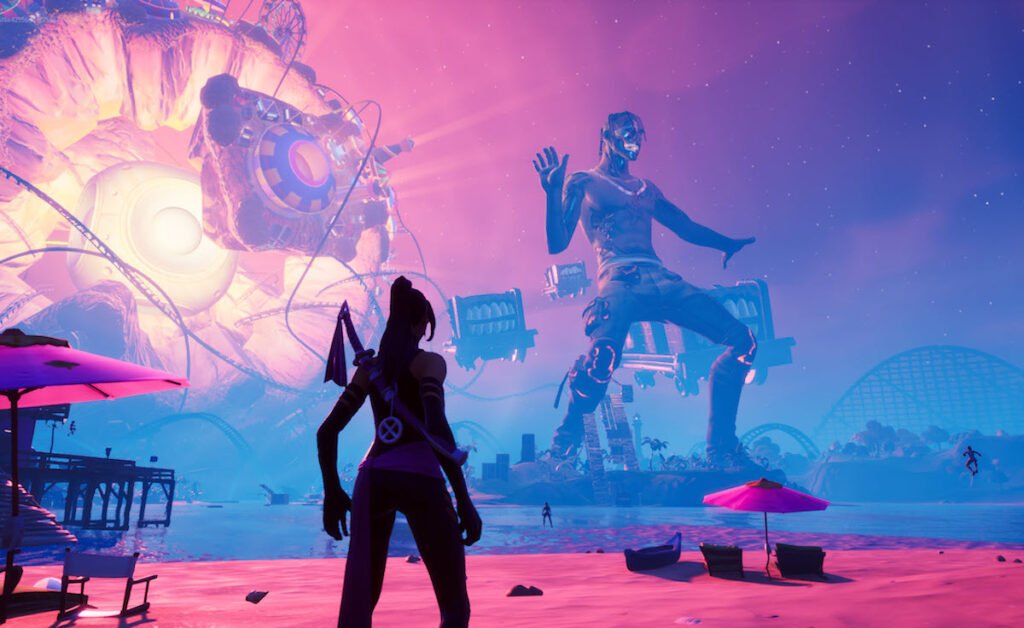How the Media Changed the Entertainment Universe
The media landscape has undergone significant transformations over the past few decades, fundamentally altering the entertainment universe. These changes have reshaped how we consume, create, and interact with content. Let’s delve into the key ways the media has revolutionized entertainment.
Democratization of Content Creation
Firstly, the media has democratized content creation. In the past, creating and distributing entertainment content was limited to a few large studios and networks. Today, anyone with a smartphone and internet access can produce and share content. Platforms like YouTube, TikTok, and Instagram have given rise to a new generation of creators who can reach global audiences without traditional gatekeepers.

On-Demand Viewing
Media’s influence is also evident in the shift towards on-demand viewing. Streaming services like Netflix, Hulu, and Amazon Prime have revolutionized how audiences consume entertainment. Unlike traditional television schedules that dictated when and what viewers could watch, on-demand platforms offer flexibility. Audiences now have the freedom to binge-watch entire seasons of shows or movies at their convenience, fundamentally altering the narrative structure and pacing of storytelling.
Interactive and Immersive Experiences
The advent of technologies such as virtual reality (VR) and augmented reality (AR) has introduced interactive and immersive experiences to the Entertainment Universe. VR technology immerses users in virtual environments, offering unprecedented levels of engagement and sensory stimulation. AR enhances real-world experiences by overlaying digital information onto the physical environment, blurring the lines between fiction and reality. These innovations have not only enhanced storytelling capabilities but also created new opportunities for audience interaction and engagement.
Social Media Integration
Social media platforms like Twitter, Facebook, and Instagram have become integral components of the Entertainment Universe. These platforms enable fans to engage with their favorite shows, movies, and celebrities in real time, fostering a sense of community and connectivity. Furthermore, social media serves as a powerful marketing tool, allowing studios and creators to promote content directly to targeted audiences and generate buzz before release. The instant feedback and interaction facilitated by social media have reshaped how entertainment is perceived and consumed globally.
Data-Driven Personalization
Another transformative aspect of media in the Entertainment Universe is data-driven personalization. Streaming platforms and digital media services leverage algorithms to analyze user preferences and behaviour, providing personalized recommendations tailored to individual tastes. This targeted approach ensures that viewers are exposed to content that aligns with their interests, enhancing engagement and satisfaction. Data-driven insights also inform content creation decisions, enabling studios to produce tailored experiences that resonate with diverse audience segments.
Conclusion
In conclusion, the media’s evolution has had a profound impact on the Entertainment Universe, ushering in an era of democratized content creation, on-demand viewing, interactive experiences, social media integration, and data-driven personalization. These advancements have not only expanded access to diverse forms of entertainment but also transformed audience expectations and engagement dynamics. As technology continues to evolve, the Entertainment Universe will likely undergo further innovations, shaping the future of entertainment in ways that are both exciting and unpredictable.


u555bet
Alright, u555bet, let’s see what you’ve got. That name is certainly…memorable. Hoping the experience matches. Tell me the inside scoop! u555bet